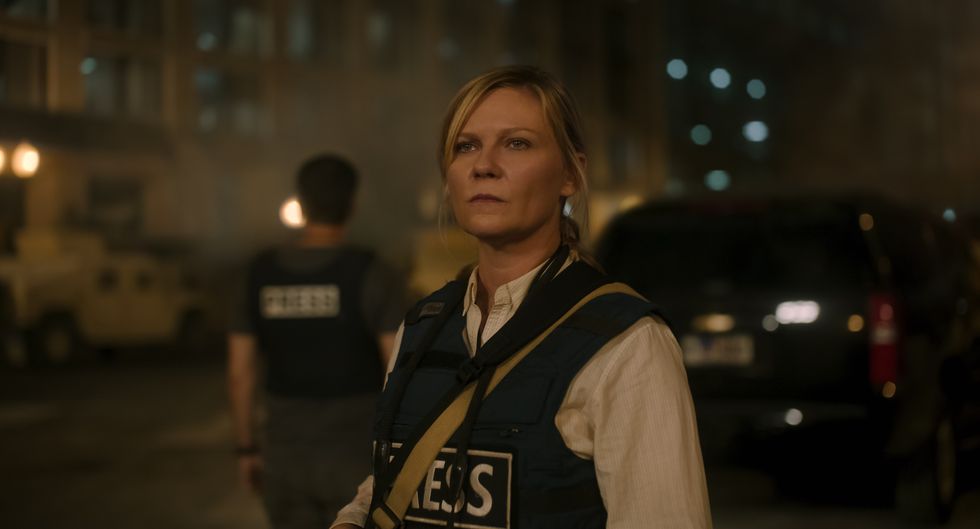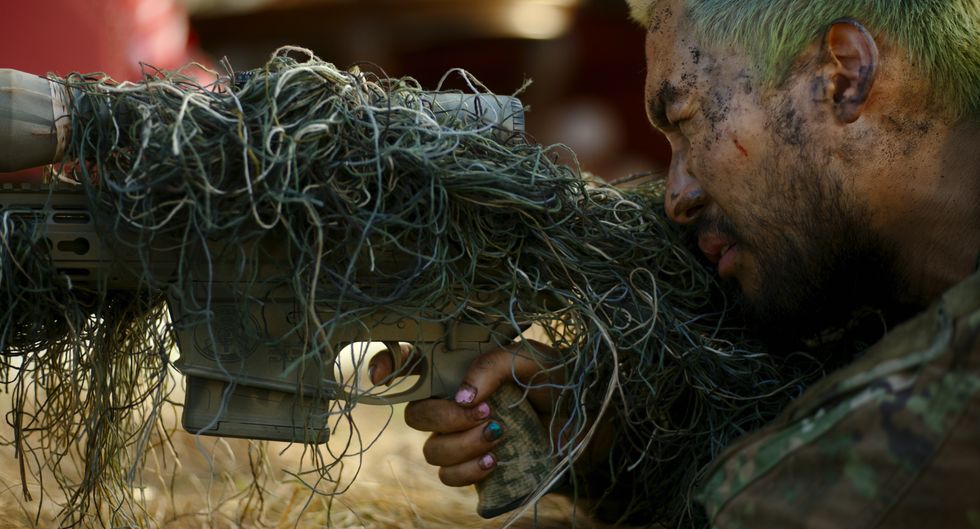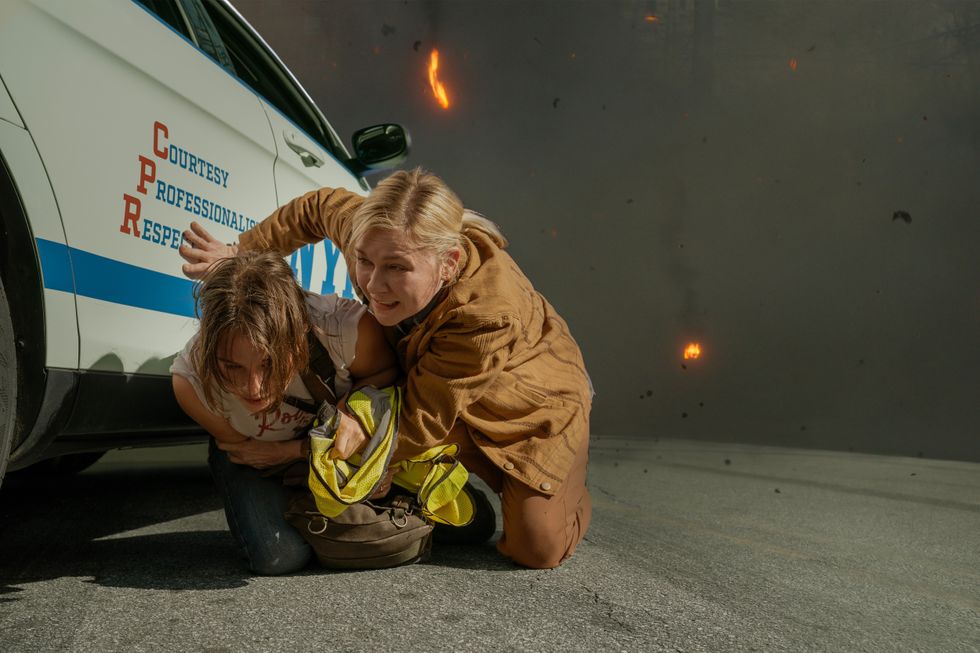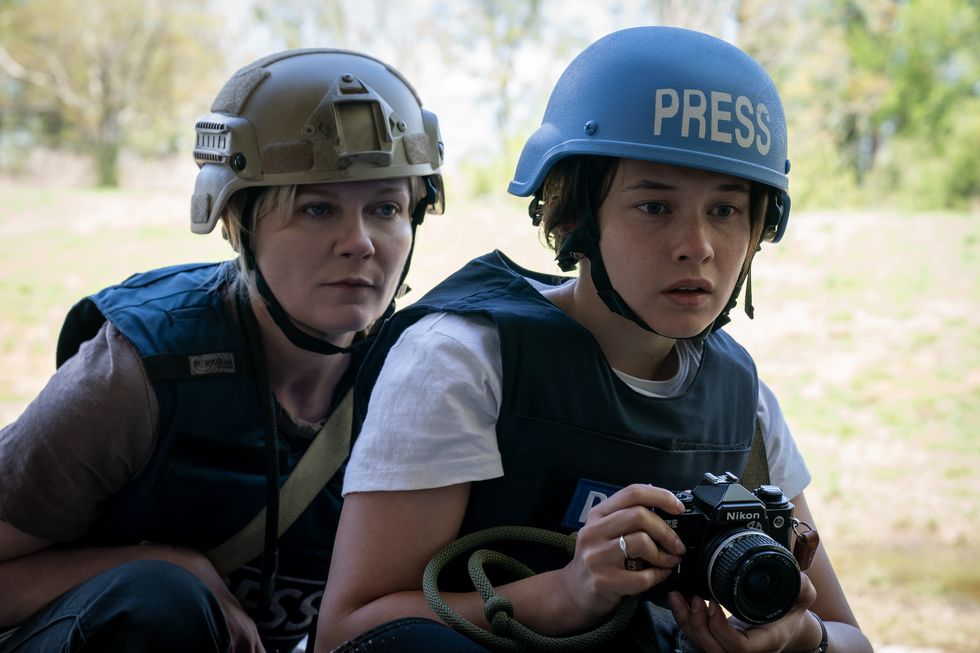How Do Movie Studios Deal with Toxic Fandom?
Toxicity exists in every fandom, so how do studios deal when it rears its ugly head?

I like being a fan of films and television shows. I like getting obsessive with my favorite characters and watching and rewatching stuff to gather the easter eggs. I even like debating what things I like more than others with friends.
But at what point does fandom cross the line?
Good fandom is healthy and appreciative of the content. It can be critical or find critique, but when it turns that vitriol onto creators, or that passion turns into "purity tests," it can be toxic.
Toxic fans attack creators online (or in real life) and instead of celebrating work, spend efforts tearing it down.
WarnerMedia Studios CEO Ann Sarnoff said in a recent interview with Variety, “I’m very disappointed in the fans that have chosen to go to that negative place with regard to DC, with regard to some of our executives."
Right now, toxic fandom wields a lot of power. We've seen everything from the #RestoreTheSnyderverse crowd to The Last Jedi controversy, which bullied stars off social media and resulted in death threats for filmmakers and executives. But this toxicity has been around for a long time. Now, with more access to creators, executives, writers, directors, and actors, things are getting a little scarier.
Fans can call for peoples' jobs, they can boycott major releases, and they can also harass people so badly that they cause mental distress or worse.
So how are movie studios dealing with fandom now? The online nature of fans means you can virally trend for lots of good reasons, and lots of bad ones too. You can spread your show with word of mouth, or you can lose the future of a franchise because people rally against it.
While the answer might be "just make good things," it's way more complicated than that. First, all art is subjective. Second, we've seen fandoms attack without actually hating the art, just making demands.
In a recent Hollywood Reporter article, studios spoke out about dealing with this modern hurdle. You can't really ignore the situation, because you don't want people to think you endorse what's happening. But you also have to make sure if you speak out against said fandom, that you have the support of everyone at the company.
So what's left to do?
Many studios are treating this on a case-by-case basis. They know internally, their work is to grow more diverse and lift new voices. But when dealing with external forces, they have to find a way to balance vitriol. Look at what happened with the blowback on the female-led Ghostbusters. Fans got upset, execs were bullied, and the movie bombed. At least when all was said and done, The Last Jedi did well at the box office.
Much of the toxicity comes from racism, so it's important for studios to let BIPOC know they stand with them and will have their backs when it comes to fandoms, even if that means providing some safety or cushion for them.
Again, toxic fandom is not a new thing, just a more prevalent thing we see today. A lot of times, it's rooted in a dangerous idea that only some kinds of fans are valid, and should be serviced above all else. Many times, this is a small but vocal portion of all fans.
John Rogers, the screenwriter behind Halle Berry's Catwoman, has a blog post he penned in 2004, which he noted still applied today. In it, he describes a new term called Fandamentalists, which means "fans who violently believe the only valid interpretation of any entertainment source is a dogmatic adherence to their favorite version of that source. Any change to the smallest detail is inherently unacceptable (see also 'heresy') and met with frantic scorn. See also Hal Jordan and Klingons, bumpy vs. smooth."

"It's not only about hiring Black people or people of color, it's also about letting people know their employer has their back if something goes down," Kristen Marston, culture and entertainment advocacy director for Color of Change, told the Hollywood Reporter. "They hire people, and then they don't have their back. That can be really detrimental to health and careers."
Studios will continue to broaden their horizons and attract new fans to their biggest properties, but the relationship will be strained no matter what. The best strategy seems to be to get as many inclusive voices as possible and create the movie or show that makes you proudest. Tune the fans out, but have your talents' backs if they come calling.
Time will tell how this goes with new releases. Let us know what you think in the comments.
















